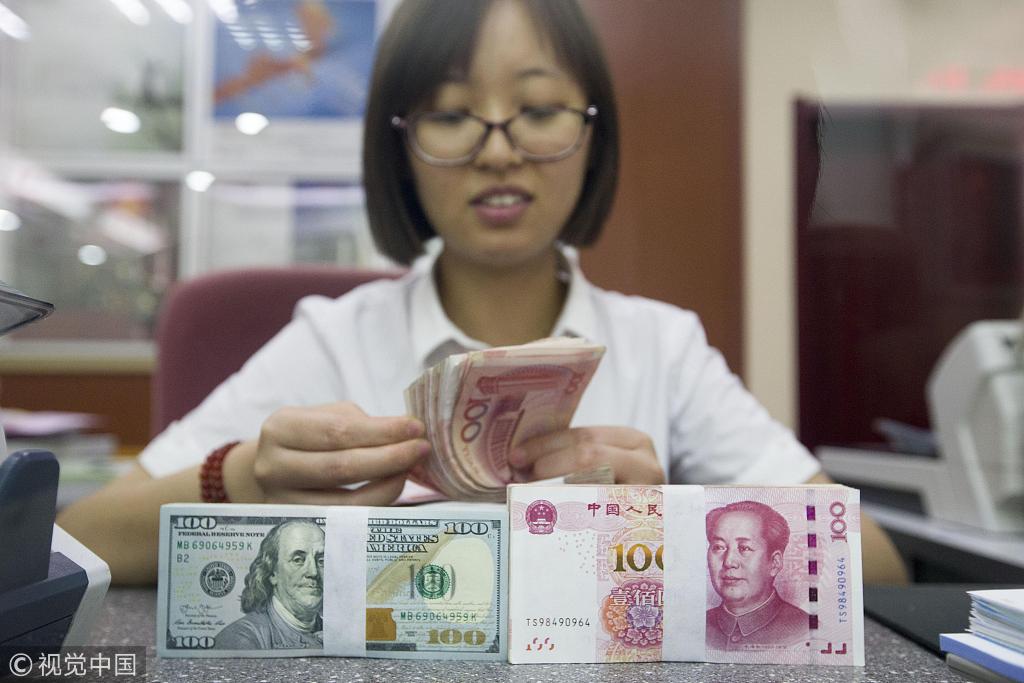Foreign banks to reap reform dividend


China is "very active and serious" about further opening up its financial sector, and this will bring huge business opportunities to foreign banks in the country, said Pei Yigen, executive vice-president of Citibank (China) Co Ltd.
"Compared with the policies allowing foreign banks to set up branches in China, in addition to wholly owned subsidiaries and joint-venture banks, or remove caps on foreign ownership in Chinese financial institutions, we pay higher attention to the policies that expand the business scope of foreign banks," he said.
Citi China received a license from the China Financial Futures Exchange in June to act as a futures margin depository bank for its client in the China futures market.
"This type of license allows us to provide basic services for non-bank financial institutions. We hope to be able to obtain more licenses of such kind," said Pei, who is also a managing director and country head of Citi treasury and trade solutions in China.
"We also look forward to participating more in pilot programs that encourage financial innovation, along with our Chinese counterparts. We hope to take the opportunity of China's reform and opening-up to introduce our advanced experience overseas to the country through pilot programs, so as to benefit the real economy and play a substantive role in the improvement of China's financial markets," he added.
Through facilitating more foreign participation in the financial system and creating a level playing field for foreign financial institutions, China's capital markets will develop faster and healthier, said Joe Ngai, managing partner of McKinsey China.
"Undoubtedly Chinese financial institutions and China's capital markets have come a long way in the past decade. However, given China's economic growth, there is an increasing need for Chinese financial markets and institutions to accelerate their development to efficiently allocate capital between investors and issuers with the proper risk management," said Ngai.
Apart from seeking for more business growth drivers in China, foreign banks are also eyeing more opportunities for doing business with Chinese companies overseas as an increasing number of the firms are expanding their global footprint, especially in the economies participating in the Belt and Road Initiative.
To give stronger support to the global expansion of Chinese companies, Citi has been improving its treasury and trade solutions based on a network covering more than 100 countries and regions.
Emphasizing on offering good cash management and trade financing products, Citi aims to help its corporate clients improve efficiency and lower operating costs. For those that have started to scale their business overseas, the bank offers centralized operation and management of foreign exchange funds, in addition to cash management, payment and settlement, and consulting services provided at earlier stages of corporate business development.
Pei noted that China's financial sector has entered the stage of continuous reforms, which is reflected by interest rate liberalization, exchange rate liberalization and a gradual opening of the capital account. It requires a financial system that is flexible enough and efficient enough to support the world's second-largest economy.
"Banks could no longer simply rely on the difference between their interest income and the amount of interest paid out to their lenders. Meanwhile, the regulator will encourage innovation in financial services. In conclusion, we must embrace these changes to strengthen connections to our clients," he said.
Besides, commercial banks are also facing challenges to serve emerging companies that are driven by growth in China's new economy. To quickly respond to the demands of these companies, Citi has formed a special team to provide them with customized products based on its close integration with overseas markets, using the bank's technology platform.




































